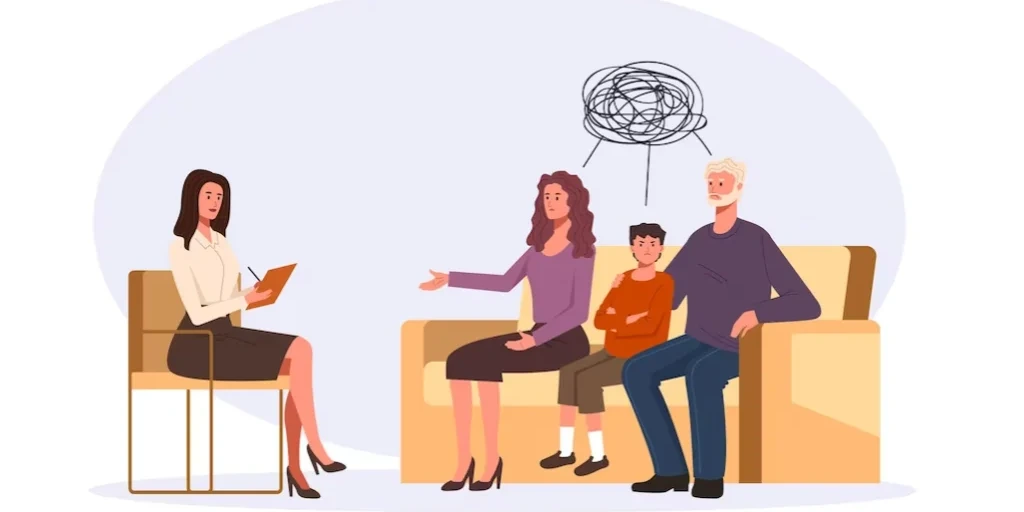24/7 Helpline:
(866) 899-221924/7 Helpline:
(866) 899-2219
Learn more about Individual Therapy centers in Indiantown
Individual Therapy in Other Cities

Other Insurance Options

ComPsych

EmblemHealth

Holman Group

MHNNet Behavioral Health

GEHA

American Behavioral

Group Health Incorporated

Medical Mutual of Ohio

Multiplan

Optum

UnitedHealth Group

Magellan Health

Ambetter

CareSource

Coventry Health Care

Carleon

Private insurance

Anthem

Access to Recovery (ATR) Voucher

PHCS Network
















